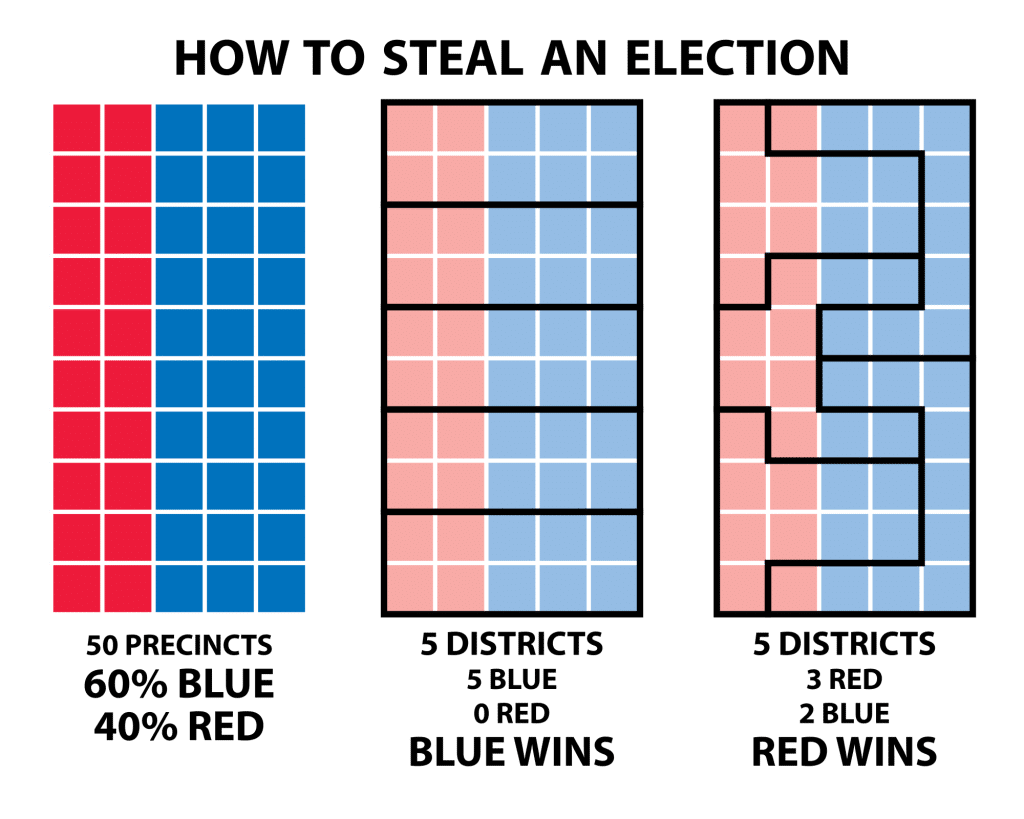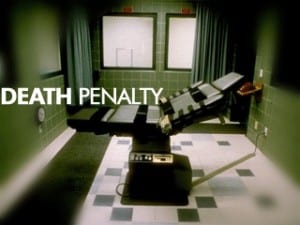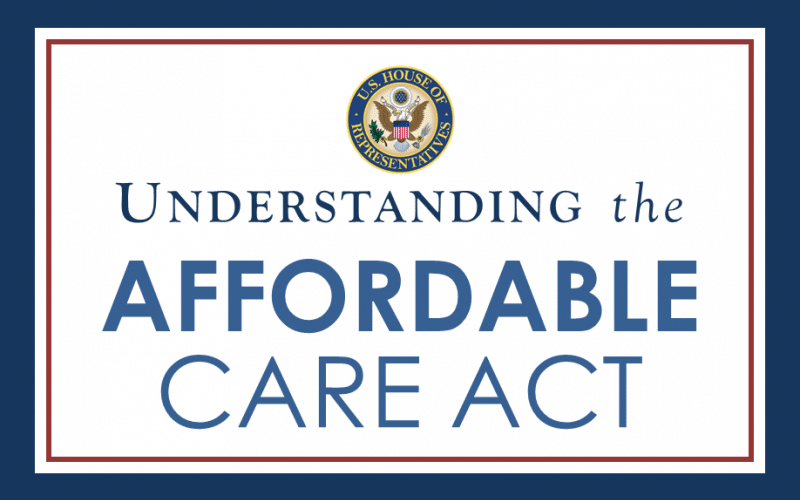A California consumer brought a class action against a satellite television service for unjust enrichment, declaratory relief, false advertising and violation of the Consumer Legal Remedies Act. The consumer had signed an agreement waiving rights to bring class action claims, and the agreement further stated that if “the law of your state would find this agreement to dispense with class arbitration procedures unenforceable, then this entire Section 9 is unenforceable.”
Previously We Reported: The First Ninth Circuit Opinion: No Jurisdiction.
Respondent Carol Sachs is a resident of California who purchased in the United States a Eurail pass for rail travel in Europe. She suffered traumatic personal injuries when she fell onto the tracks at the Innsbruck, Austria, train station while attempting to board a train operated by the Austrian state-owned railway. She sued the railway in Federal District Court, arguing that her suit was not barred by sovereign immunity because it is ‘based upon’ the railway’s sale of the pass to her in the United States.
Suicide By Cop?
When police with an arrest warrant informed a man he was under arrest, the man sped away, leading police on an 85 to 110 mile-per-hour chase. Twice the man telephoned the police dispatcher to demand the police stop chasing him, telling the dispatcher he was armed and would shoot. Other officers set up spikes at places they thought the man’s car would reach. However, one officer devised a plan to shoot at the man’s car to force the car to stop.
Gerrymandering (continued) –
In 2000, Arizona voters adopted an initiative aimed at ending the practice of gerrymandering and improving voter and candidate participation in elections. The electorate voted to remove redistricting authority from the Legislature and vest that authority with an independent commission. The Legislature challenged the redistricting map the Commission adopted for 2012. In upholding the use […]
Prisoners Did Not Identify Alternative Method Of Execution, So Relief Denied.
Prisoners sentenced to death in Oklahoma contended the method of execution used by the State violates the Eighth Amendment because it creates an unacceptable risk of severe pain. They argue that Midazolam, the first drug employed in the State’s three-drug protocol, fails to render a person insensate to pain. The United States Supreme Court denied […]
Same-Sex Couples Have A Right To Marry & A Right To Have Marriage Recognized By Other States.
The United States Supreme Court held the Fourteenth Amendment requires a State to license a marriage between two people of the same sex and to recognize a marriage between two people of the same sex when their marriage was lawfully licensed and performed out-of-State. Chief Justice Roberts, in his dissent joined by Justices Scalia and […]
Affordable Care Act “Obamacare” Upheld.
Virginia residents challenged an Internal Revenue Service final rule implementing a premium tax credit provision, section 36B of the Patient Protection and Affordable Care Act, which authorized tax credits not only for purchases of state-established health insurance exchanges, but also purchases on exchanges established by the federal government if States did not establish exchanges. The […]
Disparate Impact, Not Disparate Treatment.
With regard to a dispute about a low-income housing development in Texas, the United States Supreme Court held disparate impact claims are cognizable, stating: “Much progress remains to be made in our Nation’s continuing struggle against racial isolation. In striving to achieve our historic commitment to creating an integrated society. . . .we must remain […]
Patents Endow Their Holders With Certain Superpowers, But Only For A Limited Time. — Justice Kagan.
In 1990, an inventor obtained a patent for pressurized foam that can be shot in a way that mimics a spider’s string. Marvel Entertainment makes and markets products featuring Spider-Man, and Marvel began marketing a Web Blaster which shoots out foam, but without remunerating the inventor. Litigation for patent infringement ensured in 1997, and was […]
Free Speech: Texas Can Control What Its License Plates Say.
Texas offers automobile owners a choice between ordinary and specialty license plates. Those who want the State to issue a particular specialty plate may propose a plate design, comprising a slogan, a graphic, or both. If the Texas Department of Motor Vehicles approves the design, the State will make it available for display on vehicles […]
- 1
- 2
- 3
- …
- 9
- Next Page »









